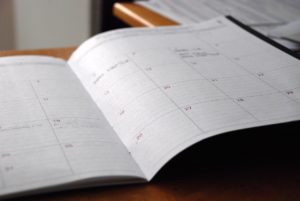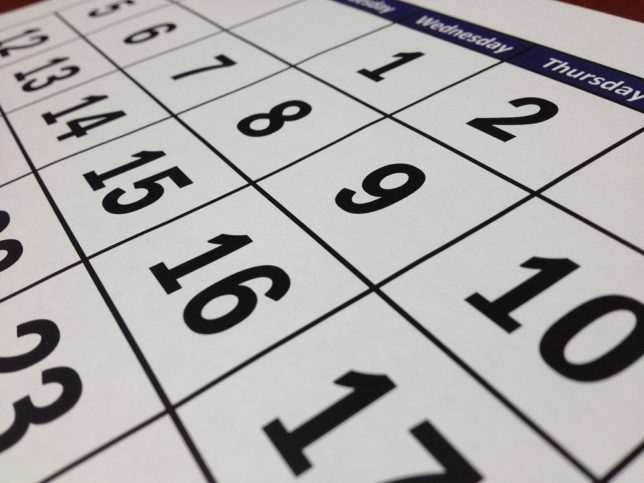As soon as someone is informed that she/he is named as a beneficiary of an estate, the first question that comes to mind is “When can a beneficiary receive their share of the estate?” or in short, when do I get the cheque?
The short answer for that is you get the cheque in about a year. Now, before you go barging in the door of the executor of the estate and needlessly complaining about why it would take a year to cut you a cheque, it is prudent in this situation to be informed first of the process and timelines involved in the distribution of an estate.
In legal speak, the period of time that the law allows an executor to wind up an estate is called the “Executor’s Year”. In British Columbia, the law provides that beneficiaries cannot compel an executor to pay or give out gifts or distribute the estate to the beneficiaries before the expiry of a one-year period starting from the will-maker’s death.
The “Executor Year” is borne out of practicality. Winding up an estate takes a lot of time and effort. To start with, the executor must do the following:
1. Obtain a copy of the Death Certificate of the deceased;
2. Conduct a Wills Notice Search with Vital Statistics, which could take 4 weeks;
3. Identify the beneficiaries listed in the Will and the persons who would have been entitled to receive a portion of the estate if the deceased did not leave a Will (even if there is a valid Will);
4. Provide to the prospective beneficiaries 3 weeks-notice of their intention to apply to court for a grant of Probate or Administration;
5. Gather information on the deceased’s assets and liabilities.
 Depending on the court registry chosen, it may take 4 months to receive a grant of Probate or Administration. Then there are the tasks of collection of receivables, paying taxes, cancelling utilities, paying creditors and filing tax returns.
Depending on the court registry chosen, it may take 4 months to receive a grant of Probate or Administration. Then there are the tasks of collection of receivables, paying taxes, cancelling utilities, paying creditors and filing tax returns.
The executor or administrator must also wait 210 days after receiving the Grant of Probate just in case someone contests the Will. If they don’t and someone does contest the Will they will be responsible for the loss to the estate.
The executor may also want a clearance certificate from Canada Revenue Agency prior to distributing assets to the beneficiaries. Should they not obtain a clearance certificate they may be responsible for any estate taxes owing.
After performing all these tasks, the executor must prepare an accounting of all the testator’s assets and liabilities, the gifts that were given out to the listed beneficiaries, and all the expenses that were paid out in the performance of her/his job as executor. The executor would then propose a plan to all the beneficiaries on how to divide the residue of the estate. After the plan and accounting is approved by all the beneficiaries of the estate or court, only then will the executor be able to make payment to the beneficiaries.
The list of things to do by the executor to wind up an estate is long and the process time consuming, it is with these in view that the law allows a one-year “Executor’s Year” period to give the executor enough time to properly carry out her/his function.
If you require further information on “When can a beneficiary receive their share of the estate?” or on obtaining a grant of Probate or Administration or on how to administer an estate, please contact us at 604-449-7779 to schedule an appointment. We would be honoured to be of assistance.

